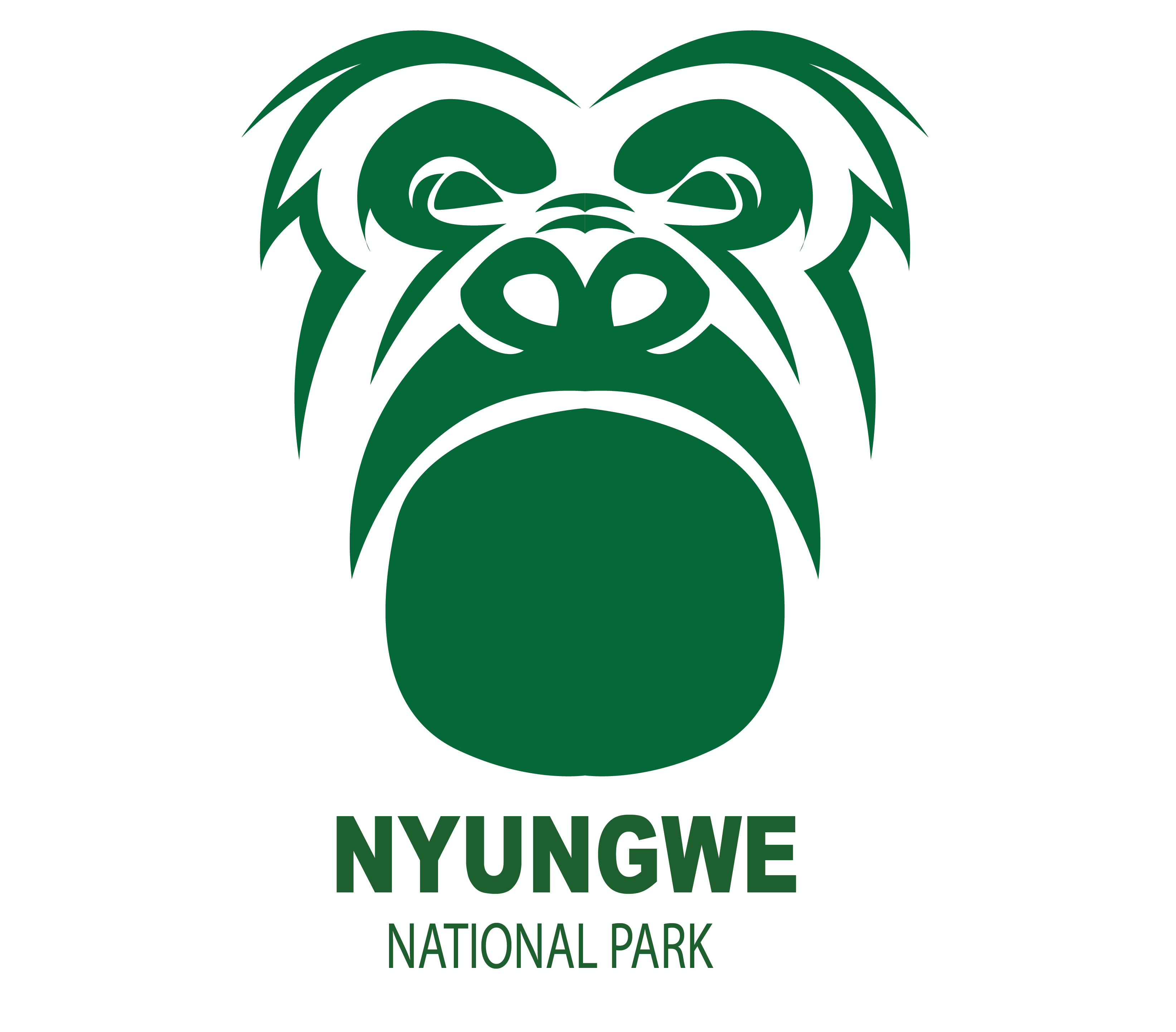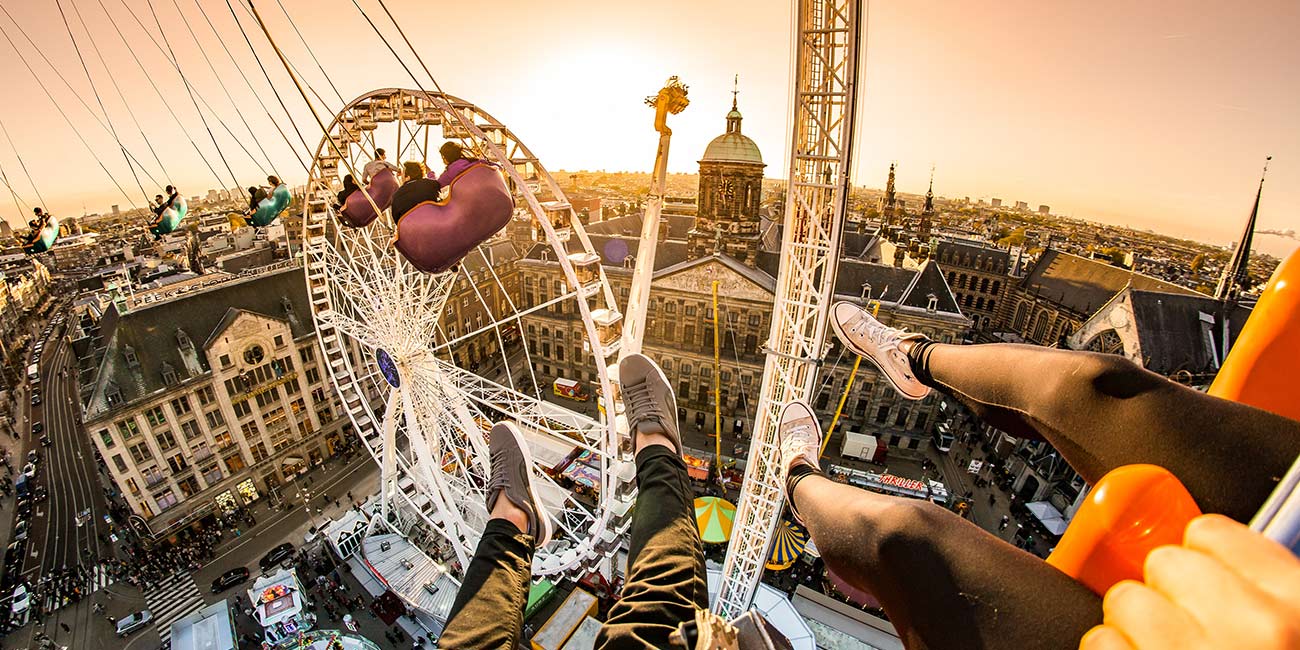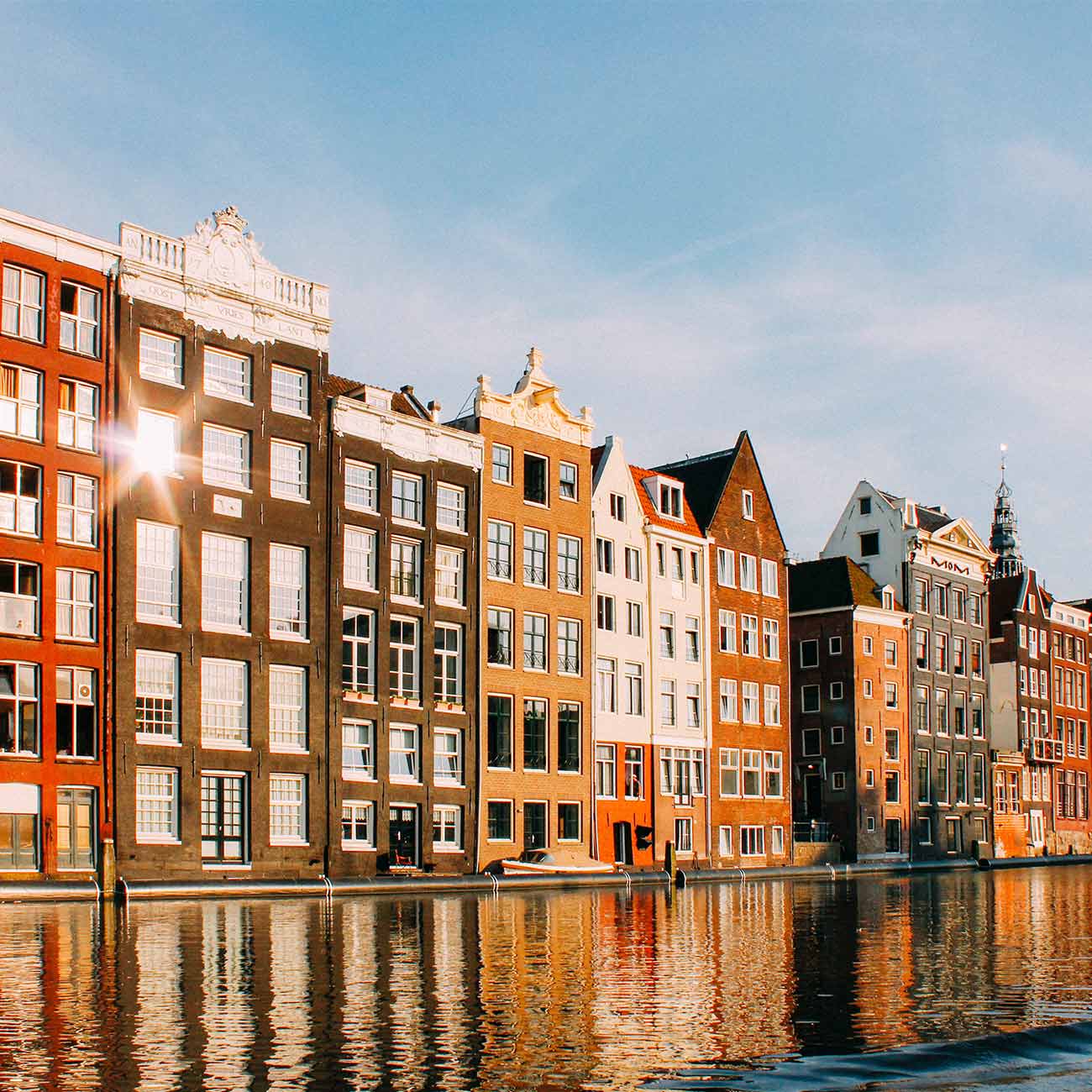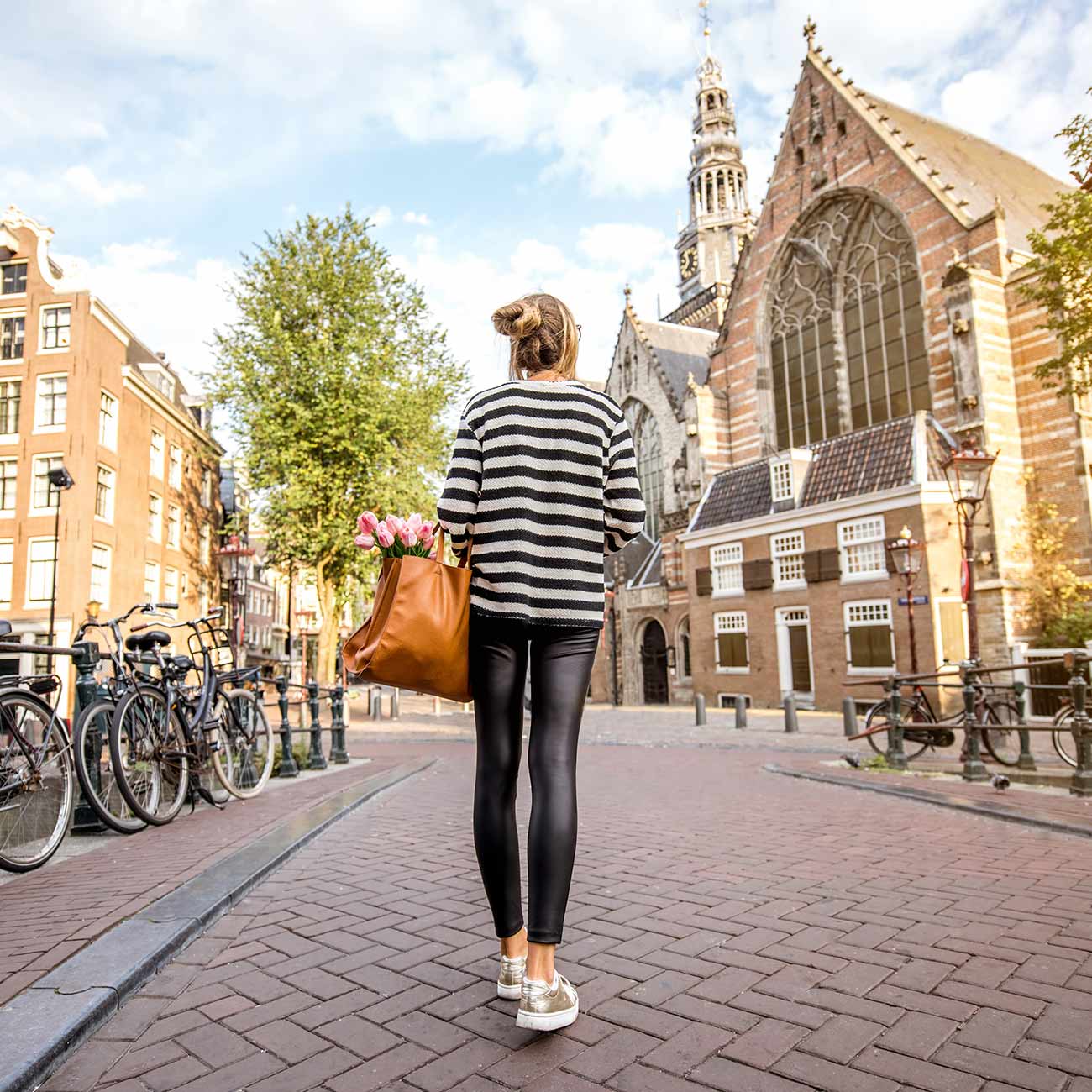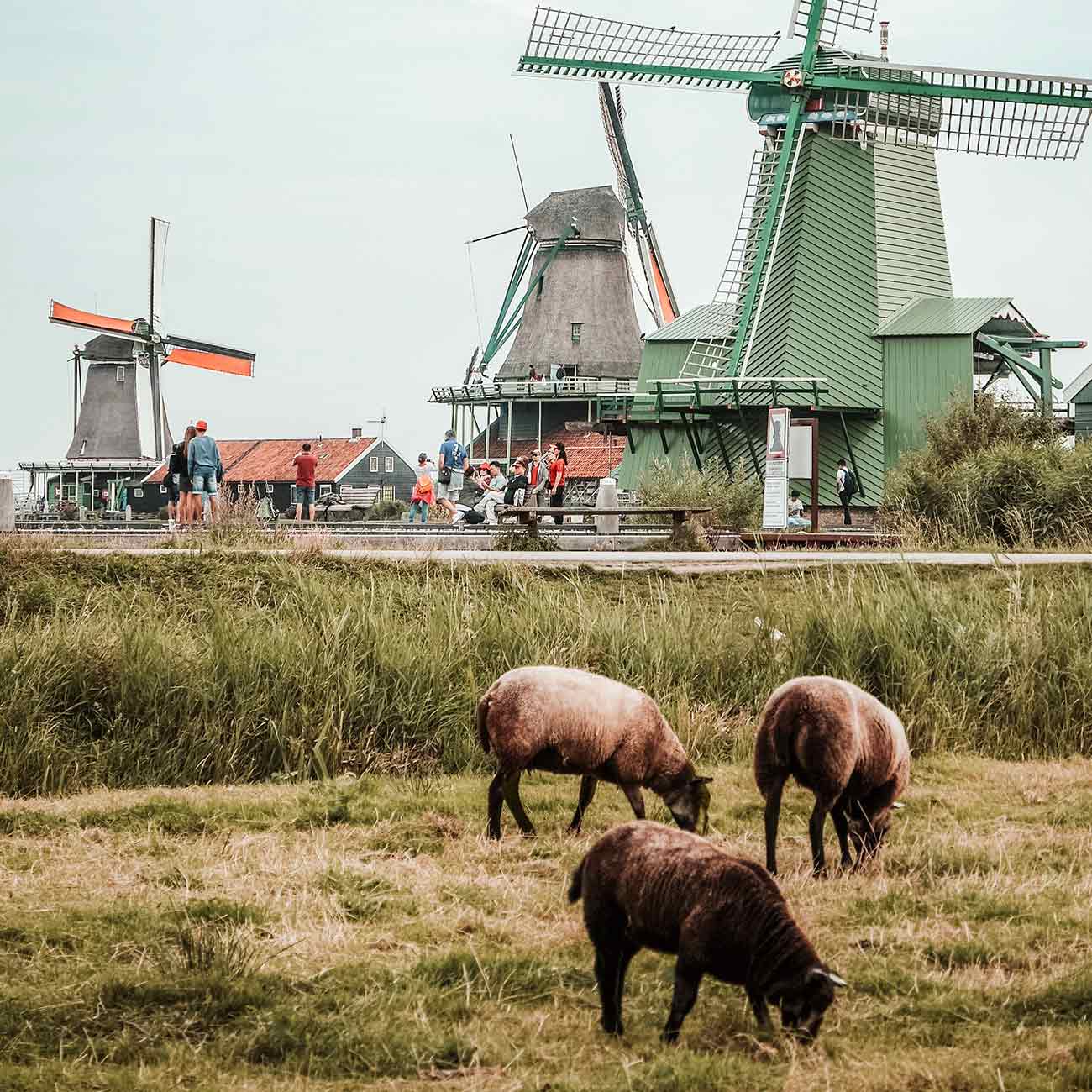Rwanda
Rwanda - Land of 1000 Hills
Known as the land of a thousand hills, Rwanda’s stunning scenery and warm, friendly people offer unique experiences in one of the most remarkable countries in the world. It is blessed with extraordinary biodiversity, with incredible wildlife living throughout its volcanoes, montane rainforest and sweeping plains. Travellers come from far and wide to catch a glimpse of the magnificent gorillas, yet there is so much more to see and experience..
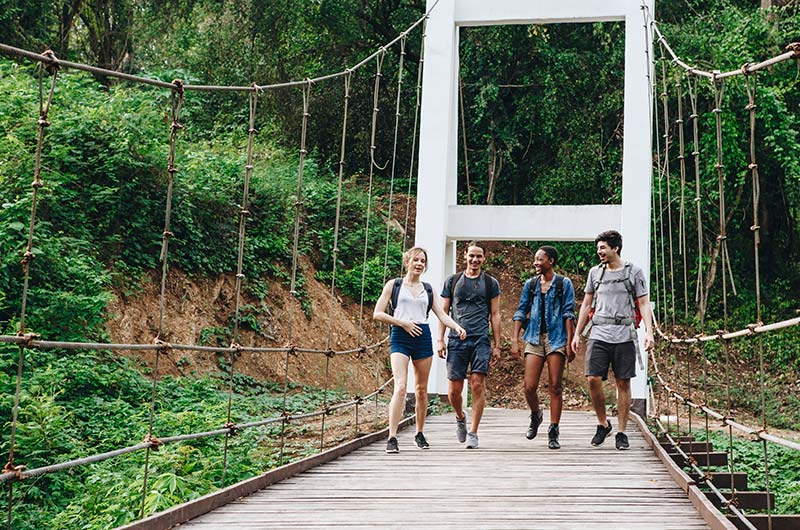
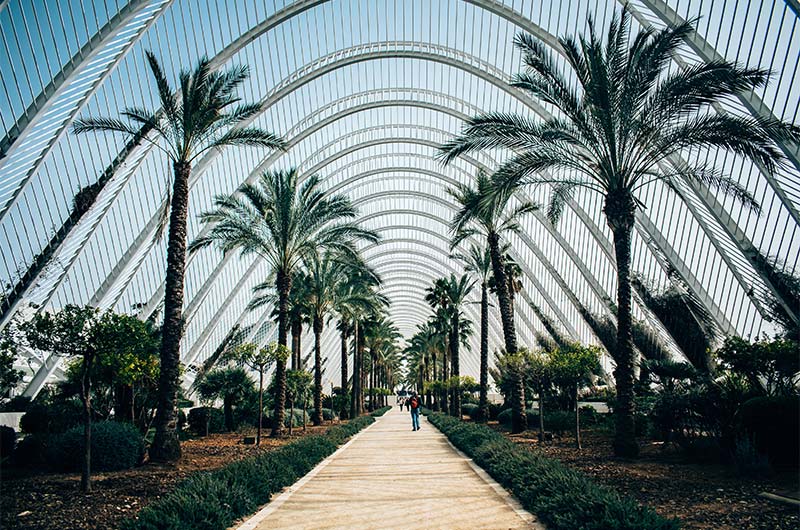
EXCLUSIVE VISITS
US$ 15,000 for personalized & exclusive mountain gorilla visits for a targeted Gorilla family
US$ 30,000 for a minimum of 3 visitors for 3 consecutive days (Behind the scenes).
SPECIAL DISCOUNT PACKAGES
30% discount (US$ 1,050) for combined trips within National Parks in Rwanda (Gorilla Trekking, Akagera and/or Nyungwe National Park) for at least 3 days during the months of November-May,
15% discount (US$ 1,275) on conference delegates who stay pre & post MICE events to see gorillas.
GORILLA FILMING AND PHOTOGRAPHY
US$ 5,000 for 3 consecutive days for Mountain Gorilla filming and professional photography,
US$ 12,000 for Mountain Gorilla filming and photography per crew per day (maximum 8 people).
The fees are inclusive of park entry fees.
Costs for gorilla permits in Rwanda: US$ 1500 per person for all visitors
Activities to do
Big 5 Wildlife safaris
Gorilla and chimpanzee tracking
Nature
walks/Trekking/hiking/mountain climbing
Nyungwe Canopy Walk
Visit to the Beach
Congo Nile Trail
Visit to genocide memorial centres
Cultural Experiences
Birding Safaris
Adventurous Self Drive Tours
Tea Experience
Places to Visit
Volcanoes National Park
Akagera National park
Lake Kivu in Gisenyi and Kibuye
Kigali City
Cultural sites
Nyungwe National Park
Musanze caves
Muhazi
Karongi
Highlights
Why Travel to Rwanda
Responsible Tourism
As guardians of many iconic species, Rwanda is committed to safeguarding their existence within the four National Parks.
We are constantly working to ensure we can live in sustainable harmony with our environment, with a clean and green mindset. We banned plastic bags in 2008, and our lands are possibly the cleanest in Africa thanks to efforts throughout every community.
Ten percent of the income derived from gorilla, safari and other tourist permits, as well as park fees, is spent in partnership with local communities to change lives for the better.
Vibrant Culture
Warm and friendly, Rwandans are also respectful, thoughtful and committed to the idea of progress, starting at the grass roots and running all the way to the top.
From the ancient kingdom to the modern day, creativity is something to be celebrated, whether through traditional dance, unique architecture or works of art.
Epic Scenery
Rwanda’s dramatic vistas are endless, with a fresh perspective around every corner.
Our country is full of beauty and managing to explore it all is easy, thanks to an excellent road network linking the core areas.
Visitors can rest assured the country is safe as well as stunning – Rwanda was ranked the 9th safest country in the world by the World Economic Forum.
The Great Rift Valley
The west of Rwanda forms a branch of the Great Rift Valley known as the Albertine Rift. It has many unique, endemic species and is bursting with life.
Chimpanzees, golden monkeys and other primates live alongside hundreds of brightly-coloured birds, orchids and butterflies.
And that is only scratching the surface…
Top Experiences in Rwanda
In the north of Rwanda, Volcanoes National Park is extraordinarily beautiful and most famous for its brilliant gorilla tracking tours, often the highlight of any Rwanda safari. The park is home to the magnificent Virunga Volcanic Mountains, whose dense high-altitude forests protect about half the world’s remaining mountain gorillas.
Traditional safari game-viewing is especially good in Akagera National Park, in eastern Rwanda. Akagera is a mixture of woodland, open grassland and papyrus swamps. It boasts healthy populations of lion, leopard, plains game, hippo, giraffe, elephant, as well as many bird species. While it doesn’t rival East Africa’s much more famous safari parks, a few nights in Akagera following or preceding a gorilla safari in Volcanoes NP can make for a fantastic safari package.
In southern Rwanda, Nyungwe Forest National Park contains the largest remaining single tract of montane forest in Africa and is home to a phenomenal number of birds and primates, including chimpanzees, the Ruwenzori colobus monkey and the endangered golden monkey.
Lake Kivu, on the other hand, offers quite a contrast to the large National Parks, and can be an excellent finish to any trip around Rwanda; beautiful beaches, jutting peninsulas and an archipelago of islands, busy with traders and local fishermen in their dugout canoes, can be found here. Life around Lake Kivu is lively, and visitors can if they choose get a real feel for Rwandan culture.
Rwanda works well as a standalone safari destination or as an extension to a safari in Kenya or Tanzania (it is only a short flight from Nairobi). Whether you choose to visit Rwanda in isolation or as part of a broader itinerary, we do recommend that you take the time to explore this often-ignored African country. Tourism to Rwanda has dropped since the tragedy of the early 1990s, but visitors will be pleasantly surprised by the spirit of reconciliation which now exists in the country.
Primate Tracking in Rwanda
Rwanda is renowned for its gorillas in the Volcanoes National Park, but the country is also home to chimpanzees as well a host of monkeys – colobus, golden, L’Hoest’s, owl faced, Dent’s, blue and vervet – alongside olive baboons as well as the nocturnal potto and bushbabies.
Chimpanzees are found in the Nyungwe National Park as well as in smaller number in the Gishwati Forest. Sociable creatures, chimpanzees live in extended communities and move around every day, foraging for food or occasionally hunting smaller mammals. They build fresh nests in the trees each night.
It is common to hear the chimpanzees before seeing them, with their vocalisations reverberating through the forest as they call to each other in a sort of bonding ritual.
Tracking starts early, at 5.30am, and can last anything from an hour to several hours depending on where the chimps are – visitors spend a maximum of one hour with them once they are found.
The terrain can be steep, slippery and muddy, passing through thick vegetation. Suitable footwear is essential, as well as a certain level of fitness. Permits can be booked through NATURREISEN EAST AFRICA.
Golden monkeys are found in Volcanoes National Park as well as Gishwati Forest. In the former, there are two groups which can be tracked, one on the slopes of Mount Karisimbi and the other in the bamboo forest on Mount Sabyinyo. This is also a standalone excursion, departing from the Kinigi headquarters once each day.
Akagera National Park is home to olive baboons and vervet monkeys, which can be spotted on safari drives. Other species can only be seen at night – the small potto, closely related to the lemurs of Madagascar, and bushbabies, with their distinctive large eyes for superior night vision, and bat-like ears to track insects in the dark.
Responsible Tourism in Rwanda
As guardians of many iconic species, Rwanda is committed to safeguarding their existence within the four National Parks.
We are constantly working to ensure we can live in sustainable harmony with our environment, with a clean and green mindset. We banned plastic bags in 2008, and our lands are possibly the cleanest in Africa thanks to efforts throughout every community.
Ten percent of the income derived from gorilla, safari and other tourist permits, as well as park fees, is spent in partnership with local communities to change lives for the better.
Rwanda practical information
Rwanda At a glance
Time Zone: Central Africa Time (GMT/UTC + 2 hours)
Official languages: Kinyarwanda, French, English
Currency: Rwandan Franc (RFr)
Population: 13 Million
Electricity 230v 50Hz
Travel
Getting Here
Airlines servicing Kigali International Airport are: RwandAir, Kenya Airways, Ethiopian Airlines, Brussels Airlines, KLM, Qatar Airways and Turkish Airlines.
Helicopter transfers within Rwanda are available through Akagera Aviation.
Connectivity
Rwanda has an excellent mobile phone network covering almost the entire country, and international calls can be made easily.
The country is among the top three African countries in terms of internet connectivity, with an ever-growing fibre optic network.
Immigration & Visas
As of 1st January 2018, nationals of all countries receive a visa on arrival at Kigali International Airport and all land borders.
Costs
A single entry tourist visa costs US $30 (exclusions apply for select countries and is valid for 30 days.
A single entry conference visa costs US $30 and is valid for 30 days.
A multiple entry business visa costs US $50 and is valid for one year.
The East African Tourist Visa (EATV) covers Rwanda, Kenya and Uganda, costs US $100 and is valid for 90 days.
For further information on visas or work permits, please consult the Rwanda Directorate of Immigration and Emigration.
Applicants should have a valid passport or another acceptable travel document. The document must have a validity of at least six months on the day of entry into Rwanda.
Visas can be applied for before departure, by submitting an application online, with the option to pay online or upon arrival. Alternatively applications can be submitted at the Rwanda Diplomatic Missions of the country of residence.
Visa extension applications should be submitted the Directorate General of Immigration and Emigration offices. Details on each class of visa are set out in the Information section. Visa extensions should be applied for whilst the initial visa remains valid.
Plastic Ban
Please refrain from bringing plastic bags to Rwanda. Banned by law since 2008, any plastic bags in your luggage will be confiscated at the airport or other point of entry.
As a country we strive to protect, safeguard and promote the environment – a matter which is written in to our constitution and carefully observed by our citizens, who all participate in a community service called Umuganda on the last Saturday of every month.
We respectfully request that all visitors help us keep Rwanda the cleanest country in Africa, and dispose of all litter responsibly.
What to Wear
Dress codes are informal yet respectful. Men tend to wear trousers but shorts are fine, although walking around without a shirt is frowned upon. Women will feel more comfortable in knee-length or longer.
Daytime temperatures are generally warm, so bring lots of light clothing and think about sun protection, including a hat and sunglasses. The evenings tend to be cool, and a light sweater appreciated.
In Volcanoes National Park and Nyungwe National Park slightly heavier clothing is useful. A lightweight waterproof jacket may come in handy in the moist mountains.
Avoid wearing blue in Akagera National Park, which attracts tse tse flies, and take sensible precautions against mosquitos and other bites.
When tracking gorillas, wear sturdier clothing to protect against stinging nettles, and solid walking shoes. Consider bringing gardening or leather gloves as well as gaiters.
For those who wear contact lenses, cleaning fluid is not readily available and dust or sun could prove an irritation, so it’s best to bring a pair of glasses along for peace of mind.
Health
The greatest health risks in Rwanda are accidents and malaria. Much of Rwanda lies at too high an elevation for malaria to be a major concern, but the disease is present and prophylactic drugs are recommended. Travellers should seek professional medical advice on taking anti-malarial medicines and take precautions to avoid mosquito bites, especially between dawn and dusk.
Travellers should ensure they are up to date with vaccinations, following the advice of their local healthcare provider, and should consider bringing a small first aid kit. A certificate of yellow-fever vaccination is required.
It is advisable not to drink tap water. Bottled mineral water can be bought in all towns – make sure the seal is intact.
As a small country, medical help is rarely far away. For basic treatment most towns of any size have pharmacies with a limited range of medicines, while larger towns have hospitals. King Faisal Hospital in Kigali is the most advanced in Rwanda.
In case of medical evacuation, Akagera Aviation operates a helicopter ambulance service within Rwanda in daylight hours, with one military paramedic on call. Please make sure you have adequate medical insurance.
Due to the risks of passing on human colds or other illnesses to primates, it is essential that you are in good health if you want to see them.
Weather
Fractionally south of the Equator and with much of the country lying at altitude, Rwanda enjoys an agreeable tropical highland climate.
Temperatures vary considerably between locations, but vary little from month to month.
Peak temperatures rarely exceed 30°C (86°F) in the daytime or drop below 15°C (59°F) at night. Akagera is generally the warmest and the Virunga mountains the coolest.
The average daily temperature in Kigali is 21°C (70°F).
There are two rainy seasons in a year, from mid-February to May and mid-September to mid-December.
The dry season, from June to mid-September, sees light cloud cover and occasional light rainfall. The roads and paths tend to be easier to navigate in this period.
Terrain
Known as the land of a thousand hills, Rwanda has five volcanoes, 23 lakes and numerous rivers. The country covers 10,169 square miles or 26,338 square kilometres.
Much of the country lies at elevations between 1,500m and 2,500m. The highest peak is Mount Karisimbi at 4,507m and the lowest point is the Rusizi river at 950m above sea level.
The terrain is often uneven and sensible shoes are essential.
Embassies & Consulates
There are 29 diplomatic missions with residence in Rwanda. A total of 30 regional and international organisations have representation in Rwanda and 9 countries are represented by Honorary Consuls. Additionally, there are 39 non-resident diplomatic missions accredited to Rwanda.
The latest lists of diplomatic missions can be found on the Ministry of Foreign Affairs website.
Good to Know
Read the basic info and also some fun facts about Australia! Here you will find everything you should know about the ‘’Land of Plenty’’!
Country
Taiwan
Visa Requirements
Not Needed for EU Citizens.
Country
Taiwan
Languages spoken
English
Currency Used
Euro
Area (km2)
750.63 km2
Municipalities
Aliquam lorem ante, dapibus in, viverra quis, feugiat a, tellus. Phasellus viverra nulla ut met us varius laoreet. Quisque rutrum. Aenean imperdiet. Etiam ultricies nisi vel augue.
Leave a Reply
Do you have some comments or questions for us? We’d love to hear from you! Don’t be shy! Feel free to drop us a message!


